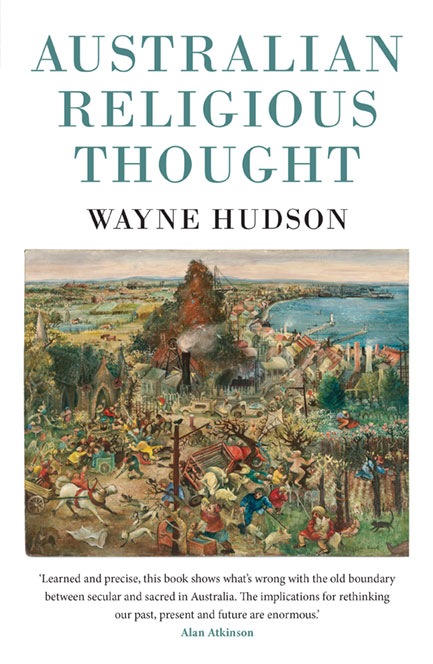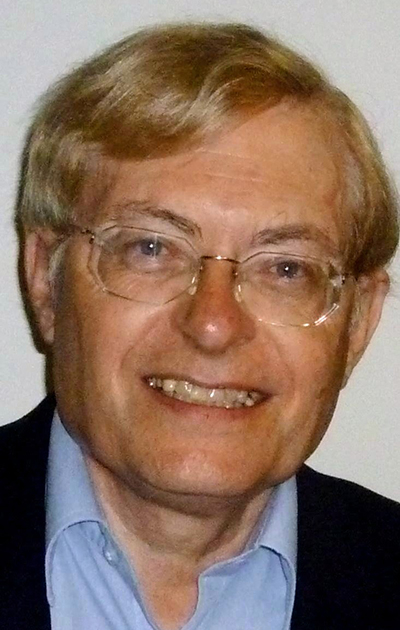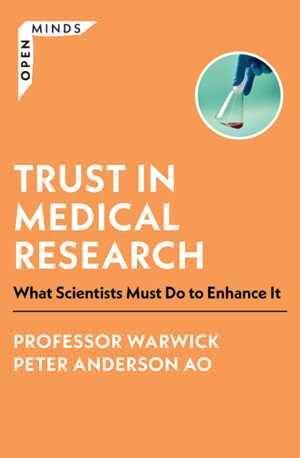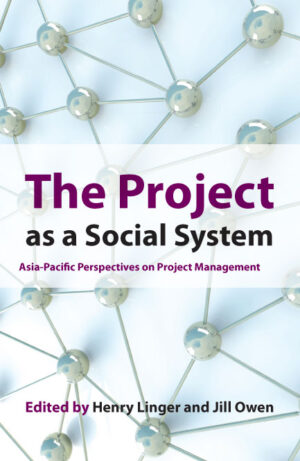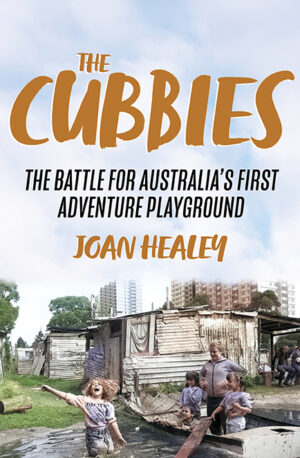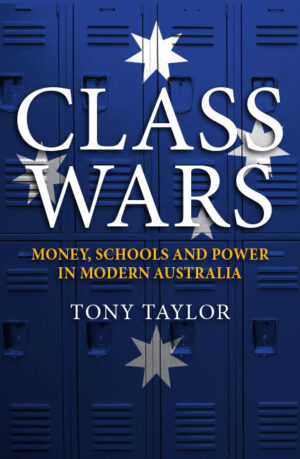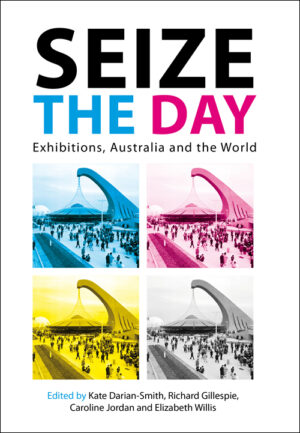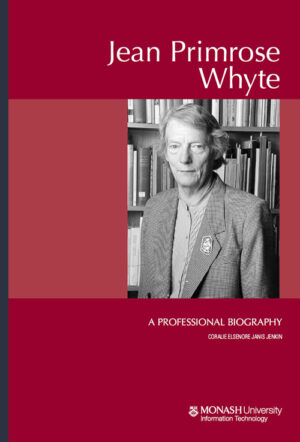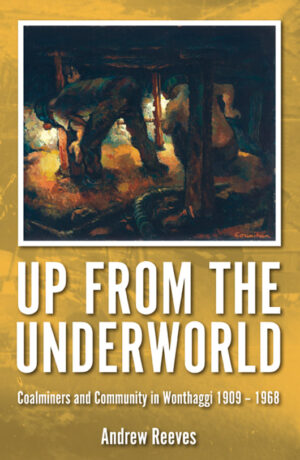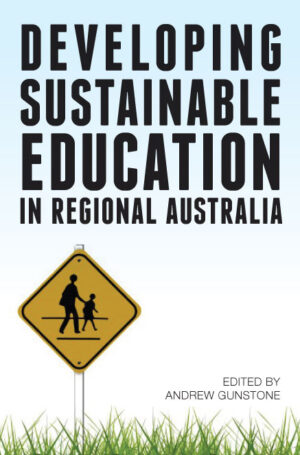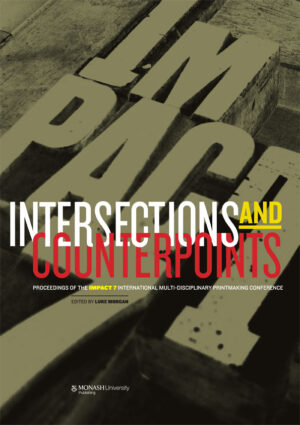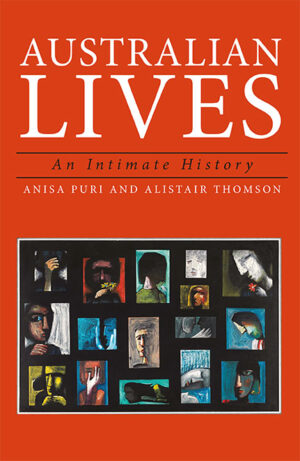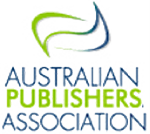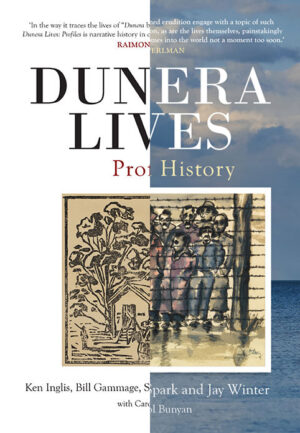‘[Stuart] McIntyre challenged Hudson ‘to make better sense of how the patterns in Australia compared with those in other settler societies’. As a first step, Hudson has ‘brought together a substantial body of research and interpreted some of it in innovative ways’. For this, we contributors to Australian religious thought are in his debt, whether or not we count ourselves as religious.’ Frank Brennan, Eureka Street
‘Learned and precise, this book shows what’s wrong with the old boundary between secular and sacred in Australia. The implications for rethinking our past, present and future are enormous.’ Alan Atkinson
‘Here, for the first time, the history of Australian religious thought receives the kind of sophisticated treatment that it richly deserves, in the hands of an author of phenomenal learning and intellectual range. It will be much harder in the future for anyone blithely to call Australia a secular society and leave it at that. Wayne Hudson is steeped in the history and philosophy of the world’s religions and with assurance and zest, he tells the story of a previously underestimated religious dimension of Australian cultural and intellectual history.’ Frank Bongiorno
‘Hudson’s book is a welcome and learned contribution on an important topic for the future of Australia.’ Paul Oslington, Australian Pentacostal Studies
‘This is not a big book in terms of pages; but in other terms, this is a huge book … It doesn’t just touch on fields as various as philosophy, history, cultural criticism, theology, art and literature; it offers an incisive and integrated treatment of them all … I know of nothing remotely like it.’ Mark Coleridge, Archbishop of Brisbane, Australasian Catholic Record
Read launch speeches by Stuart Macintyre, Graeme Davison, David Tacey and Constant Mews
This book is the first major study of Australian religious thought. It argues that religious thought can be found in many intellectuals in Australia, both in the religiously inclined and in those who were not conventionally religious.
Drawing together existing and new research, this book opens up new perspectives and re-thematises the field in six exploratory studies. Each study is revisionist in some respects. Shapes of disbelief are explored in intellectuals of many types. The concept of sacral secularity is used to complicate and contest discussions of ‘the secular’ in Australia. Religious liberalism is interpreted as transnational and as often a source of social reform. Interactions between religious thought and philosophy are discussed in some detail, as is the development of theology, which has received relatively little attention from historians. Account is also taken of what might perhaps be called postsecular consciousness in many intellectuals.
Taking religious thought more seriously suggests possible revisions to the way the national story has been told. There was more serious intellectual life in Australia than some historians have claimed, and a considerable part of it was in a broad sense ‘religious’.

